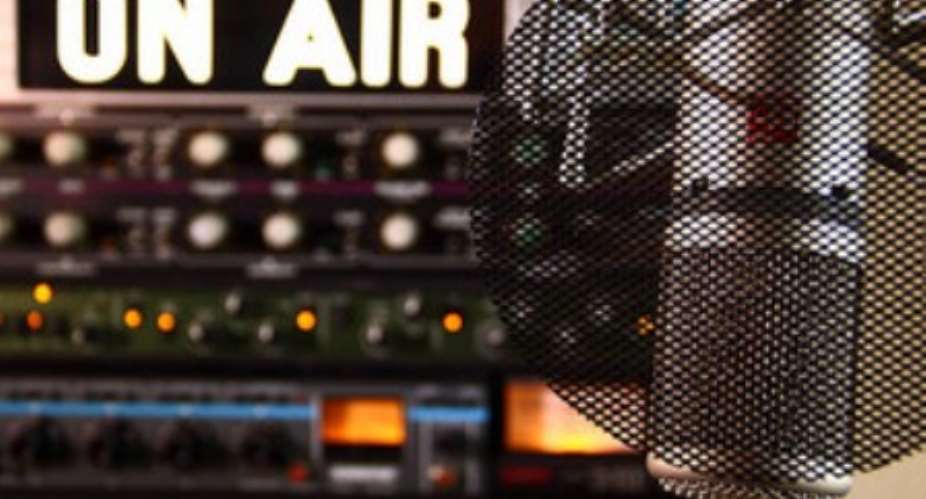I was in a car going to work this morning, and couldn’t help listening to what was on the radio. There was a discussion going on. Had to do with the ruling party’s boycott of the IEA debates. It wasn’t a discussion per se. The show host was just running on and on about how Kojo Oppong Nkrumah (who was part of the panel that did the questioning in the 2012 debate for the presidential aspirants) was now a known member of the NPP, and thus shows that the IEA as an organization is politically partial and should be ignored by the NDC Government. He then opened the lines for the listening public to air their opinions.
Cue 30 plus minutes of absolute political doggerel.
What else would you expect? Here’s a radio station owned by a top ranking NDC member, right smack in a part of the Volta Region where a majority of the electorate would still shun change and vote NDC if they were starving and near death. What else would you expect?
Now, this scenario is not limited to the NDC, and of course there are radio stations also wholly owned by NPP bigwigs and hence as misleading, mischievous, and totally useless as the radio station I was listening to, but that concerns me not. What concerns me is the fact that most of these shows are listened to by people who—pardon this expression—are somewhat limited in the thinking department and are easy prey for misinformation, ‘miseducation’ and a host of political machinations and manipulations.
The spoken word is powerful, and I shiver at the damage that radio journalism—politically biased radio journalism in Ghana—can wrought in our society.
Add in the fact that most of these shows are often hosted by people who are not trained as journalists and not even self-tutored in the art of journalism, and you get to know some of the problems we have as a nation.
People and the media that to a large extent shapes the political discourse in this country and to a great extent influences what and how the public thinks is biased, corrupt, incompetent, and just plain mediocre and obtuse. Not all, but most of them.
Of course, not everybody in this country is gullible enough to be affected and influenced by the doings of such radio stations, but some are, and that’s just worrying.
Until radio in Ghana becomes more regularized, and political people barred from owning radio stations, the status quo will remain.
And it’s a sad state of affairs.





 Minority will expose the beneficial owners of SML, recover funds paid to company...
Minority will expose the beneficial owners of SML, recover funds paid to company...
 Prof. Opoku-Agyemang has ‘decapitated’ the NPP’s strategies; don’t take them ser...
Prof. Opoku-Agyemang has ‘decapitated’ the NPP’s strategies; don’t take them ser...
 Abubakar Tahiru: Ghanaian environmental activist sets world record by hugging 1,...
Abubakar Tahiru: Ghanaian environmental activist sets world record by hugging 1,...
 Prof. Naana Opoku-Agyemang will serve you with dignity, courage, and integrity a...
Prof. Naana Opoku-Agyemang will serve you with dignity, courage, and integrity a...
 Rectify salary anomalies to reduce tension and possible strike action in public ...
Rectify salary anomalies to reduce tension and possible strike action in public ...
 Stop all projects and fix ‘dumsor’ — Professor Charles Marfo to Akufo-Addo
Stop all projects and fix ‘dumsor’ — Professor Charles Marfo to Akufo-Addo
 Blue and white painted schools will attract dirt shortly – Kofi Asare
Blue and white painted schools will attract dirt shortly – Kofi Asare
 I endorse cost-sharing for free SHS, we should prioritise to know who can pay - ...
I endorse cost-sharing for free SHS, we should prioritise to know who can pay - ...
 See the four arsonists who petrol-bombed Labone-based CMG
See the four arsonists who petrol-bombed Labone-based CMG
 Mahama coming back because Akufo-Addo has failed, he hasn't performed more than ...
Mahama coming back because Akufo-Addo has failed, he hasn't performed more than ...
